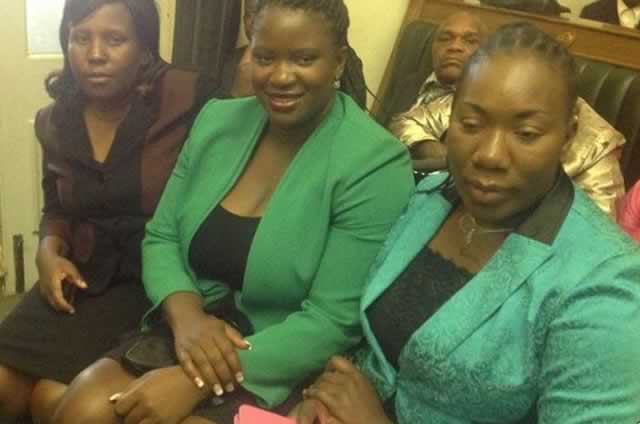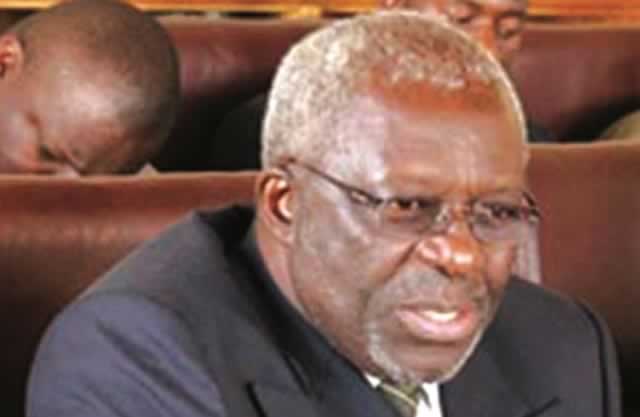Gender: Independence brings equality

Political Writer
Zimbabwe’s independence not only brought equality among races of this country, among a myriad freedoms, rights and opportunities. It also especially brought equality among men and women, a departure from the racist, patriarchal settler regimes.
The post-Independence Government has accorded equality between girls and boys; men and women and moved from the reprehensible dispensation of the previous era where women were treated as minors and did not enjoy equal rights with men.
A milestone was scored in 2013 with the cementing of women’s rights in the new Constitution.
The new Constitution’s provisions on gender equality align with several of the key international and regional gender equality and women’s rights instruments that Zimbabwe has signed and ratified.
These include the Protocol to the African Charter on Human and Peoples’ Rights on the Rights of Women in Africa — and the Southern African Development Community Gender and Development Protocol — among others.
The Constitution opens with provisions stating that respect for gender equality is one of the country’s Founding Values.
The Declaration of Rights includes a section on women’s rights, has been expanded to include socioeconomic and cultural rights, and it could be used in legal or judicial proceedings. This means new opportunities for women in jobs, education, finance and credit must be ensured by the Government and in national funding.
The new Constitution also includes a special measure to increase women’s representation in Parliament, introducing for this purpose in the National Assembly, 60 reserved seats for women who are elected through a system of Proportional Representation based on the votes cast for political party candidates in a general election for the 210 members. The 60 reserved seats for women are in addition to any women elected to the other 210 seats.
The provisions also apply to the Senate, to the 60 directly elected members among a total of 80 (the other 20 are reserved for Chiefs and people with disabilities).
The new Constitutional measure state that the 60 elected Senators will be chosen from a party-list system of Proportional Representation, in which male and female candidates are listed alternately, with every list headed by a female candidate.
The new Constitution also provides for a Gender Commission tasked with promoting gender equality in all spheres of life. Its mandate includes: the investigation of possible gender rights violations, receiving and considering gender-based complaints from the public, conducting research on gender and social justice issues, recommending changes to discriminatory laws and practices, and proposing affirmative action programmes.
As all existing laws are set to be reviewed to ensure they comply, the new Constitution is expected to have a domino effect. Additional laws will also be drafted where gaps currently exist.
All this has come with Independence where previously women were treated like children. — Additional info from UN Women








Comments